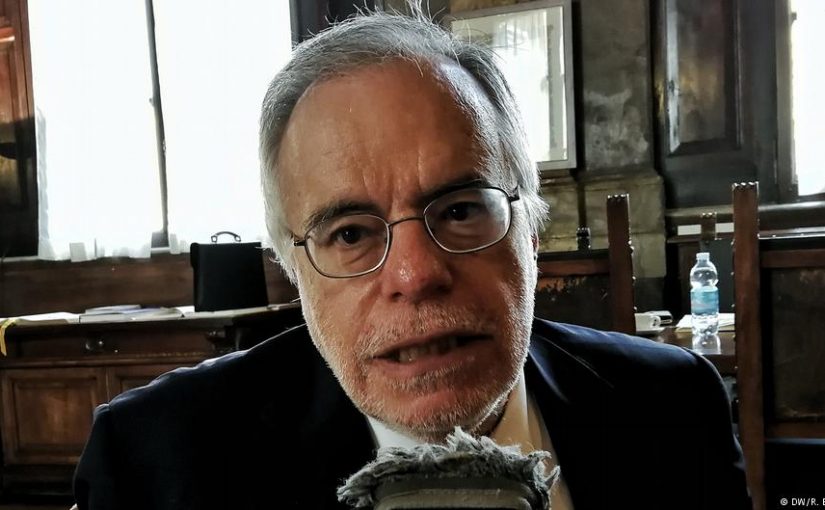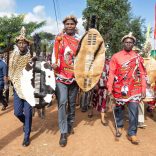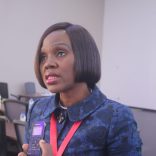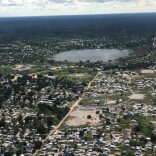EU Military Assistance Mission marks presence at the launch of Mozambique Armed Forces Week
“Dhlakama’s greatest legacy is dialogue” – Andrea Riccardi

DW / Andrea Riccardi: "I remember Dhlakama signing the Peace Agreement"
A week after Afonso Dhlakama’s funeral, DW Africa spoke to Italian professor Andrea Riccardi, one of the main actors who worked directly with the late Renamo leader in mediating the Rome Peace Agreement.
“The leader leaves, uncertainties stay”; “Thank you”; “Dhlakama: 1953-2018”.
Reading the covers of the main Mozambican newspapers announcing the death of the historic leader of the Mozambican National Resistance (Renamo) in his office at the Dante Alighieri Society in central Rome, Professor Andrea Riccardi, founder of the Sant’Egidio Community, recalls meeting Afonso Dhlakama in the Italian capital.
“Dhlakama played an important role in the peace agreement. He became aware that his guerrillas did not bring anything positive to Mozambique. I remember his visit to Rome, a meeting with me and Bishop Matteo Zuppi [bishop of Bologna], at which the peace process began.”
Riccardi talks about the important transformation the former Renamo leader went through during those days in Rome. “I remember his happiness, the signing of the peace agreement; I remember a man who had political acumen. Perhaps his great challenge was the search for collaborators, the creation of the Renamo upper echelon that still exists today, and it was a little painful at first. ”
According to Riccardi, for Dhlakama the peace negotiations were “a school, a passage from the logic of the guerrilla to the logic of politics”.
Logic put to the test
A very few years ago in Mozambique there were again clashes between government forces and armed Renamo men. Still more recently, Dhlakama and the Mozambican president, Filipe Nyusi, were in contact in search of a definitive peace.
To the founder of the Sant’Egidio Community’s mind, however, there was always some extreme position on Dhlakama’s part. Nonetheless, despite Dhlakama’s hardening, the quest for lasting peace in Mozambique had its best chance of completion through the management of President Nyusi.
“I would not say it was radicalisation. He honestly supported the birth of a democratic and pluralist country, but latterly there were major problems between the Frelimo government and Renamo,” Riccardi says. “We, while Sant’Egidio, I remember that Zuppi himself was talking to Dhlakama in Gorongosa, but he never gave up the dialogue.”
Now, with the figure of the historic leader gone, Riccardi hopes that Mozambique will continue “on this path of dialogue”. “I think Dhlakama’s best heritage is precisely that,” he concludes.













Leave a Reply
Be the First to Comment!
You must be logged in to post a comment.
You must be logged in to post a comment.